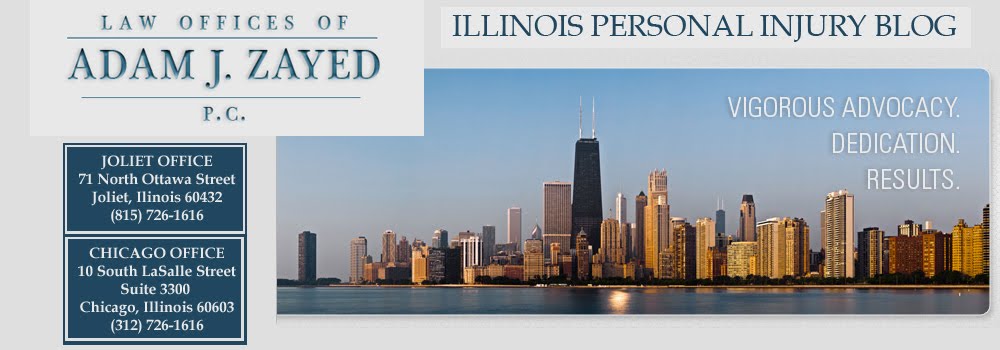According to Blacks Law Dictionary a Lien is: "a legal right or interest that a creditor has in another's property, lasting usually until a debt or duty that it secures is satisfied." In the personal injury context, liens attach to an individuals personal injury claim and the expected recovery.
One of the most common types of liens involved in personal injury cases are health care provider liens. A valid health care provider lien is created when medical services are rendered and notice is served. The lien subsequently attaches to any verdict, judgment or settlement reached stemming from the cause of action. In other words, your heath care provider will get a portion of your personal injury recovery.
It is important to note that the total amount of all health care provider liens cannot exceed 40% of the verdict, judgment or settlment stemming from the cause of action.
Aside from health care provider liens there are numerous other types of liens, including, but not limited to:
- Medicare liens
- Workers' Compensation Liens
- Illinois Department of Healthcare and Family Services Liens
- Attorneys Liens
Incurring a personal injury can be a devastating event. In addition to the physical ramifications of a personal injury, numerous other factors create stress and inconvenience. In the unfortunate event of a personal injury, I suggest you contact a personal injury attorney. Nevertheless, hopefully the information contained in this post will help alleviate some of the stress you might feel when you receive notice of a lien relating to your personal injury.
